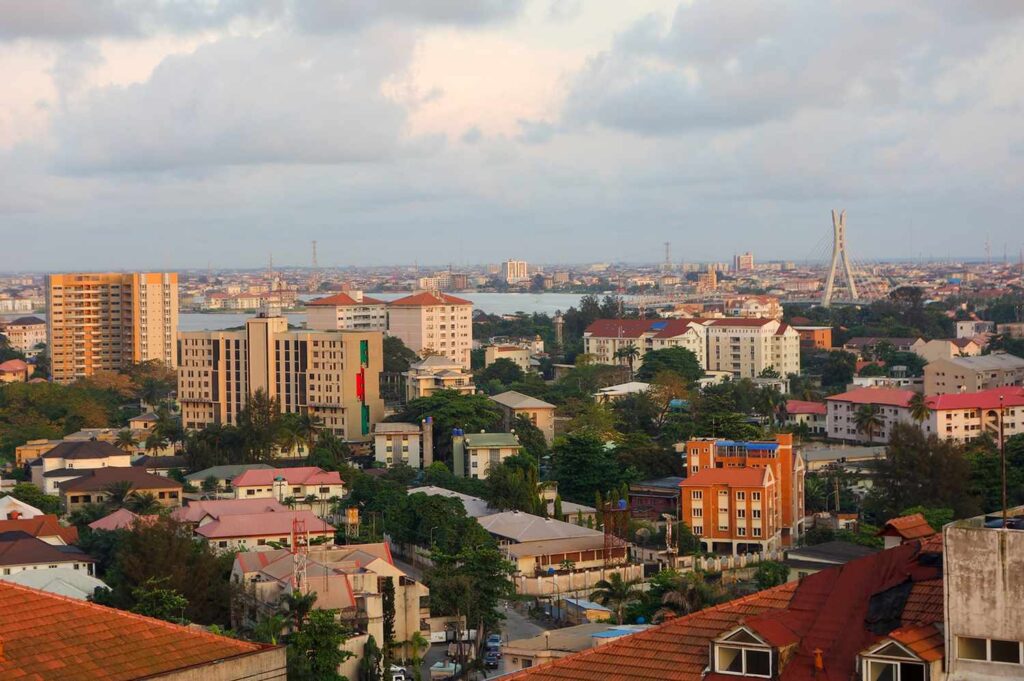As fun and exciting as travel can be, it sure can come with some chaos.
To some degree, we have to accept that stressors are just a part of life and travel. However, there are also plenty of ways to plan for a happy and calm trip — and who better to ask than therapists who travel?
Ahead, check out 10 ways that mental health pros help their own trips go smoothly.
1. Plan to have ample time throughout.
The last thing you want while traveling is extra, unnecessary stress — like running through the airport so you don’t miss your flight. To some extent, that’s in your control. The key is doing what you need to do before you need to do it.
“There’s nothing that stresses me out more than being rushed,” said the Rev. Connie L. Habash, a psychotherapist. “So when I travel, I plan as much extra time for every step of the process as possible.”
Arriving early may entail more time sitting around, but Habash said she likes to bring a book or listen to a podcast to fill the time. For her, that’s more desirable than stressing about missing a flight ― which would also stop her from being present on her trip.
2. Go into the trip with an open mind rather than specific expectations.
On the note of staying present and mindful, another tip is to reduce expectations and be flexible.
“This does not mean I don’t make plans,” said Amelia Kelley, a trauma-informed therapist, author and podcaster. “But once I do, I try not to predict how they will go and rather be open to whatever happens ― especially because sometimes the unexpected ends up being the best parts.”
This makes you less likely to experience anger or resentment when plans get disrupted, she explained. An actionable step is to create and repeat a mantra. Kelley and her friend went with “everything is a story” on their last trip.
3. Budget and pay ahead.
Besides time, another common stressor on trips is money. What can you do?
“I like to make sure that even before I go on the trip, all known expenses, travel excursions and accommodations are already paid for, so I have no choice but to enjoy the time away,” said Jamie Downie, an associate therapist at the Gateway to Solutions practice. “I also make sure that I have extra money set aside ahead of time for meals and leisure expenses, too, so that the time away does not cut into regular monthly expenses.”
Something to keep in mind while planning, he added, is to pick a trip or destination that fits your budget and to start saving as early as needed. Strategize how you can use rewards points or discounts if you need them. Then, when you’re away, your ”main focus can remain recharging, having fun and making new memories and positive experiences,” Downie said.
4. Avoid scheduling anything for the day after the trip.
That first day back after travel can be a doozy. There’s laundry to do, weekly episode releases that need watching, groceries to buy, sleep to catch up on and emails awaiting responses. It’s OK to give yourself time to get those things done.
“Having an open day on the day after I return from a trip gives me space that I probably haven’t gotten during my travels, and allows me to do whatever I need to do to get back into my body and into a good headspace after traveling,” said Laura Walton, a therapist and the founder of the platform Lovelew.
That day doesn’t always look the same, she continued; sometimes Walton needs a massage and yoga, sometimes she needs dog time and other times she’s unpacking and checking email. But regardless, she knows that free day is necessary.
5. Stick to routines.
One of the beautiful things about vacation is that it can be a break from the mundane or stressful routine of daily life. At the same time, maintaining some aspects of your routine can help you feel more grounded in a different space.
“This approach is helpful because sticking to your daily routines while traveling provides a sense of stability and comfort amidst the unpredictability of a new environment,” said Racheal Turner, a counselor who specializes in trauma, grief and life transitions.
For her, this means continuing to journal every morning, taking her usual supplements and vitamins, and giving herself time to rest throughout the day.
“By keeping up with these small yet meaningful habits, I find it much easier to manage stress and stay centered during trips,” she added. “These familiar routines also serve as a mental anchor. … You remain centered and in control.”
Nazar Rybak via Getty Images
6. Research the destination ahead of time.
Being in a different town — let alone another country — can throw anyone for a loop. You have to learn your way around and maybe even deal with a language barrier. Getting info ahead of time can reduce stress when you’re there.
“I familiarize myself with the area, the culture, the customs, transportation options and even the language so that I am as prepared as I can be,” said Janet Bayramyan, a trauma therapist.
Besides helping you feel safe and comfortable, she continued, doing this can make the trip more meaningful. “When you know a little bit about your destination’s culture, you’re more likely to experience it in a meaningful way,” she said.
7. Remember stress that’s been handled successfully in the past.
An overwhelming situation can make you lose confidence in yourself or feel like you have no way out. But that may be misguided.
“The best way to deal with it is to remember that ‘I have handled stress in the past and have always come out of that experience feeling strong, confident and efficacious,’” said Jennifer Kelman, a mental health and relationship expert with the company JustAnswer.
She also voted for the mantra approach, sharing the example “I have done this before, I have felt these feelings, but I have come out of it all right and I will again this time.”
“This gives me the sense of mastery over the new travel stress,” she explained. “It prevents a downward spiral into the anxiety.”
8. Let flight attendants know about any anxiety.
Yes, your support system can include flight attendants (or other travel attendants)! Their job is to support you, and they know how to do so more than you may realize.
“Flight attendants are extremely knowledgeable about flight-related anxiety and about the things that tend to be triggers for flight anxiety,” said Alexandra Stratyner, a licensed psychologist with the practice Stratyner + Associates in New York. “Many flight attendants even receive training in responding to mental health concerns (also known as mental health first aid), including helping passengers with flight anxiety.”
Stratyner described the various ways they can be of help: checking on you when turbulence is anticipated, giving you information that may ease your worries, suggesting relaxation exercises and making sure you have water if sipping calms you.
“I even know people who have received personal notes from flight attendants at the end of their flights, acknowledging and commending them for flying despite their anxiety,” Stratyner added.
9. Proactively address potential discomforts.
Make your flight as luxurious and cozy as possible by bringing items with you that will make you feel comfortable. When you arrive at your destination, make sure to take a few steps to ensure you’ll feel healthier and happier, too.
“I tend to do everything I can to minimize the impact,” suggested Karin Voelker, a clinical psychologist who specializes in behavioral sleep medicine.
She wears layers of comfortable clothing; brings a mask, earplugs and a neck pillow; takes supplemental melatonin on the flight; stays awake through the evening once she arrives at her destination; and aims to get lots of sunlight and physical activity.
“This tip is helpful because it addresses your wellness when traveling,” Voelker said.
Matthew Solit, a therapist with the company LifeStance Health, is all about getting proactive, too. He prepares go-to snacks and a book or audiobook. “It’s all about controlling what I can and being prepared to accept or respond to that which I cannot control,” he said.
10. Practice mindfulness and grounding techniques if you get stressed.
Even when you do all the “right” things to avoid stress, challenges can still arise: An Uber or Lyft driver may cancel your ride, you might spill wine on your favorite dress, or something else could happen. How do you deal?
“As a therapist, one of the most effective ways I personally deal with travel stressors is by practicing mindfulness and grounding techniques,” said Monica Cwynar, a therapist with the practice Thriveworks Counseling & Psychiatry Pittsburgh.
She shared lots of ways to do this, explaining that these can keep you present and reduce anxious feelings:
- Deep-breathing exercises. Before and during travel, take a few moments to focus on your breath. Inhale deeply through the nose, hold the breath for a moment, and exhale slowly through the mouth.
- Mindful observations. Observe your surroundings without judgment, noticing colors, sounds and textures.
- Body scans. How is your body feeling physically? Relax any areas of tension when you’re waiting or resting.
- Gratitude journaling. Jot down what you’re thankful for in a small notebook (or on your phone).
“This shift in focus can help create a sense of calm and control,” Cwynar said.
Though travel stress is very real — and it’s important to validate that — it can be managed so you can have your happiest vacation yet.


